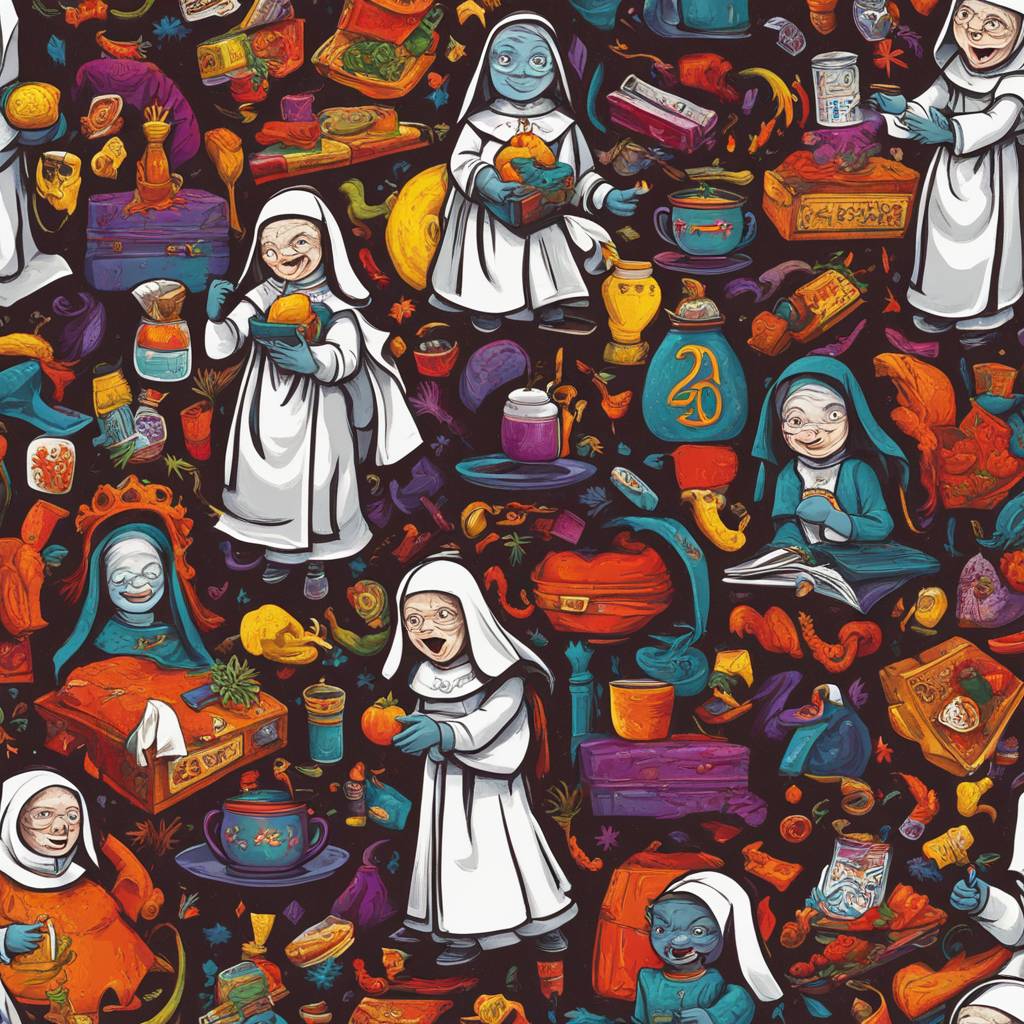Leap Day, which occurred on February 29, 2024, was a rare addition to the calendar as it only happens once every four years during a Leap Year. The addition of an extra day is necessary to account for the Earth’s orbit around the sun, which takes approximately 365.25 days each year. Without Leap Years, over time, the seasons would lose their calendrical boundaries, resulting in summer falling in December.
Julius Caesar, influenced by the Egyptian solar calendar, introduced Leap Day in the Julian Calendar in 45 B.C.E by adding an extra day to February every four years. This day allows birthdays to “leap” over a day, creating unique occurrences for those born on February 29, known as ‘leaplings’. A popular Leap Year cocktail, created in 1928 at London’s Savoy Hotel, is rumored to have inspired many proposals.
Astrologically, Leap Day 2024 saw the sun, Mercury, Saturn, and Neptune in Pisces, enhancing intuition and creativity. The influence of Saturn suggested turning dreams into reality, while a positive connection between Mercury and Jupiter indicated an increased likelihood of success for thoughtful intentions. Leap Day was seen as an opportunity to take risks and embrace uncertainty to shape a different future.
Numerologically, February 29, 2024 equated to the number 3, ruling by Jupiter and emphasizing creativity, expression, and optimism. Despite its association with bad luck in some cultures, superstitions surrounding Leap Day include unique traditions like reverse proposals and wearing red for luck. Additionally, Leap Day in some cultures is believed to be a time of heightened mortality, leading to rituals like preparing pig trotter noodles for parents for health and prosperity.
The Leap Day tradition of reverse proposals dates back to the 5th century, derived from a legend involving St. Bridget and St. Patrick in Ireland. If a man rejected a woman’s proposal on Leap Day, he was often required to pay a fine, such as a pound for pain and suffering in Scotland. Other superstitions like wearing a red petticoat for a successful romance, preparing pig trotter noodles in Taiwan to prevent parental death, and celebrating fertility during Leap Years by spending time near the sea, contribute to the unique customs associated with this special day.
Superstition and tradition play a significant role in how humans interpret events and create the conditions of superstition for certainty in an uncertain world. Comfort through control is derived from these beliefs, providing a sense of predictability amidst chaos. Leap Day serves as a day of mythical occurrences and rare opportunities for embracing uncertainty and taking chances to shape a different future, in line with the spirit of the day as described by author Vera Nazarian.


